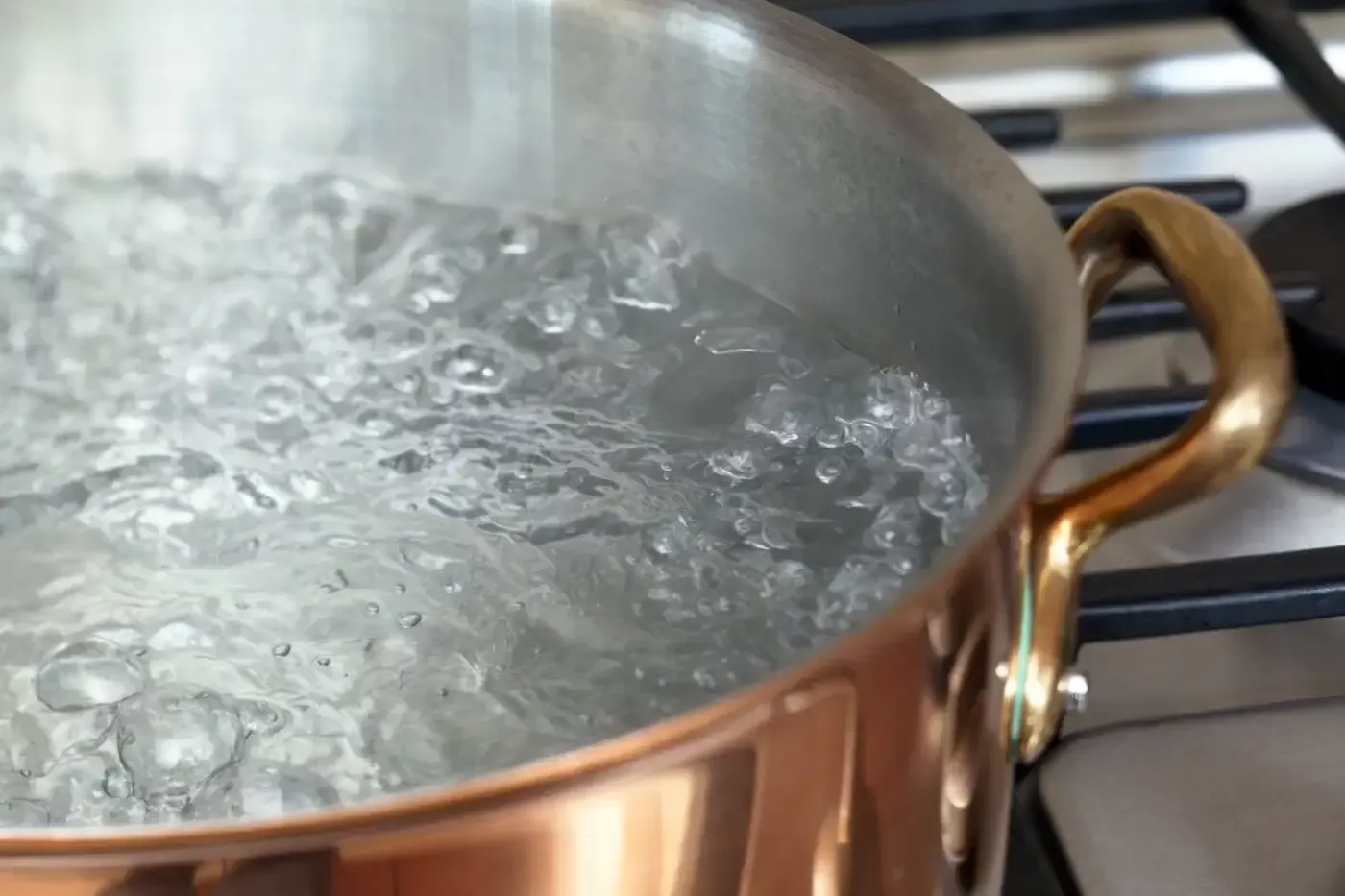Is pouring hot water into the sink harmful? Important recommendations from experts

After cooking potatoes, eggs, or pasta, many people pour the leftover boiling water down the sink. We think that this action helps to clean the pipes from dirt. However, it turns out that the reality is quite different.
The main problem is that modern residential sewage systems are primarily made of plastic polymer materials. For example, most of the siphons and pipes in our homes are made of polyvinyl chloride (PVC), which has a maximum durability temperature of around 65°C. Water above this temperature softens the material and causes deformation. Especially if the water temperature changes sharply, the rubber sealing parts can lose their hermeticity and start to leak.
Additionally, polypropylene is also widely used in the production of pipes and siphons. This material is resistant to heat up to 80°C. Of course, PVC and polypropylene can withstand high temperatures up to 95°C for a short time, but if this situation occurs regularly, it can lead to serious damage. Especially if the diameter of the pipes is small (around 40–50 mm) and food residues have accumulated in them, their partial narrowing under high temperature can exacerbate deformation.
Experts say that instead of pouring boiling water directly into the sink, it is recommended to cool it for at least 10 minutes or mix it with cold water before pouring. This method protects the pipes from premature failure.
If you quickly pour a large amount of boiling water into the sewage system, the rubber seals in the pipes expand due to heat and lose their ability to seal. As a result, water can leak from the pipes, causing serious damage to kitchen furniture or flooding neighbors on the lower floor.
It is almost impossible to clean the sewage system of dirt only with hot water. Special chemical cleaning agents are required for this. Otherwise, attempts to clean with high temperature can only damage the pipes.
Experts recommend following these simple tips to prevent contamination in the pipes:
- Never throw food and grease residues down the sink;
- Do not allow hair and other waste to enter the sewage system;
Do not throw construction waste and wet wipes into the toilet.
Is it harmful to pour hot water into the sink and toilet?
The plumbing fixtures used in the toilet and bathtub are mainly made of ceramics, porcelain, ceramic granite, or stainless steel. These materials are considered quite resistant to high temperatures. However, experts do not recommend regularly pouring boiling water on them either, as ceramic products are sensitive to sudden temperature changes and may develop invisible small cracks.
In conclusion, it is advisable to follow the simple yet important recommendations mentioned above to ensure the long-term use of any sewage and plumbing system. This way, you can avoid premature breakdowns of your home appliances and additional expenses.

